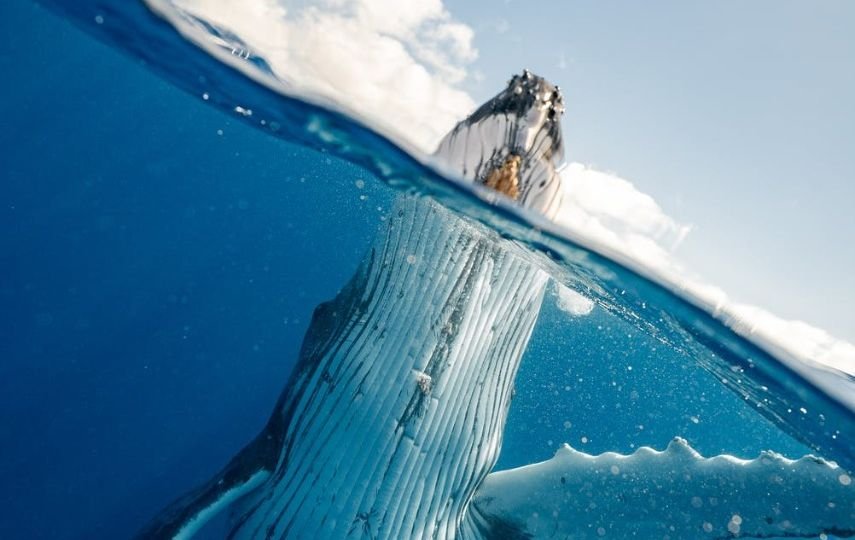
Norway’s largest animal rights organization, NOAH, the Animal Welfare Institute (AWI) and Whale and Dolphin Conservation (WDC), released new documents revealing Norwegian whalers have been struggling to sell whale meat due to a declining demand for the product. As a result, the industry has been selling its whale meat as pet food or dumping it at sea.
Despite the decline in demand, this season, Norwegian whalers killed the highest number of Minke whales in five years, with a total of 575 animals. This decrease is explained by a survey by NOAH, AWI and WDC that concluded that only 2% of Norwegians are frequent whale meat eaters, compared to 4% in 2019.
In search of a “solution” to this low consumption, producers have begun to sell whale meat as pet food. In August, the Hopen Fisk company shipped 6 tons of whale meat to Green Dog Svalbard, a company that offers dog sledding tours. This is just one example of several companies that have the same practice.
“Killing whales is not only cruel, it’s stupid.”
According to media outlet NRK, only one third of the nearly 600 tons of whale meat brought in from the 2021 hunting season was sold to stores in Norway.
Norway’s whaling titans and government leaders continue to perpetuate the false narrative that domestic demand for whale products is increasing. In fact, the same whales that help keep the ocean healthy and fight climate change are being fed to dogs,” said Susan Millward, director of AWI’s marine animal program. In addition, Norwegian whalers admitted that dumping whale carcasses at sea is a common practice, according to animal rights organizations.
“How can we value the lives of these gentle giants so cheaply when they play such an important role in mitigating climate collapse?,” said Vanessa Williams-Gray, WDC policy manager, in a statement. “We need more whales, not fewer; killing whales is not only cruel, it’s stupid!”
For this reason, initiatives are important to care for whales and the marine ecosystem, such as MERI’s The Blue BOAT Initiative. Carried out together with the Chilean Ministry of the Environment, the project uses smart buoys in South America to alert vessels of the presence of cetaceans in the area so that they can avoid possible collisions. In addition, these buoys have oceanographic sensors that make it possible to collect information on climate change in the oceans, a great step towards mitigation.

